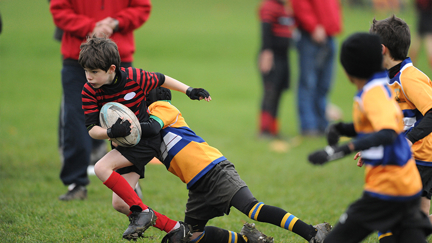It's one of a raft of changes taking effect tomorrow, including a $25 weekly pay rise for beneficiaries with children, a $12.50 increase in tax credits for low-income working families, a minimum wage increase from $14.75 to $15.25 an hour, a 2.7 per cent increase in NZ superannuation, higher childcare subsidies and lower ACC levies.
But the sting in the tail is that beneficiaries will now have to look for part-time work of at least 20 hours a week as soon as their youngest children turn 3, down from age 5.
Karen Pattie of the Beneficiaries Advocacy and Information Service on Auckland's North Shore said families would also miss out on the $25 benefit increase if they already receive Temporary Additional Support (TAS) or special benefit, which will be reduced dollar-for-dollar when the basic benefit rate rises.
"For my agency, I would say 95 per cent of sole parents receive TAS or special benefit," she said.
However the North Shore is unusual with the country's highest average housing costs. Nationally, 64,149 (21 per cent) of the 301,349 people on benefits at the end of December were getting TAS or special benefit -- 28 per cent of Auckland beneficiaries and 19 per cent of those elsewhere.
"Housing NZ tenants don't get TAS," Ms Pattie said. So most of them should get the full $25 benefit increase, but their rents are based on 25 per cent of their incomes so the net increase for most will be $18.75.
Social Development Minister Anne Tolley said on Budget night last May that "around 110,000 families with 190,000 children" would get higher benefits.





